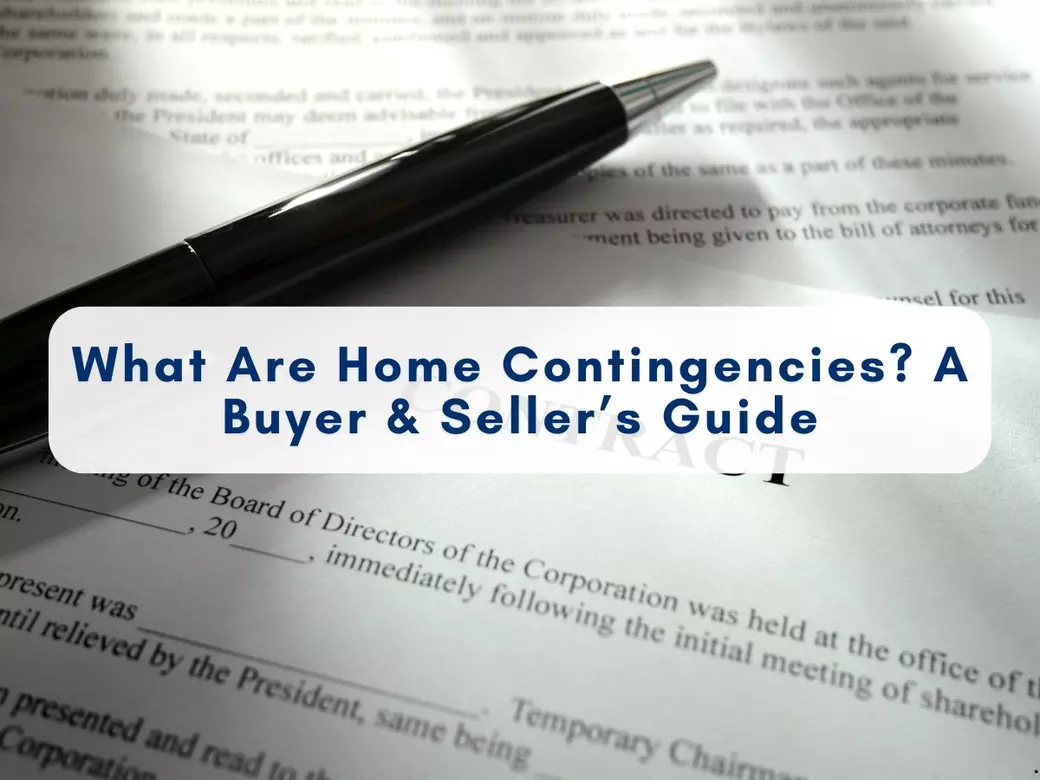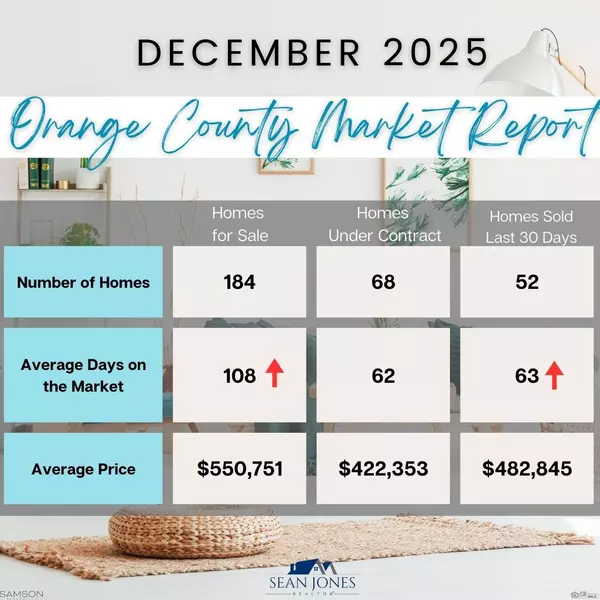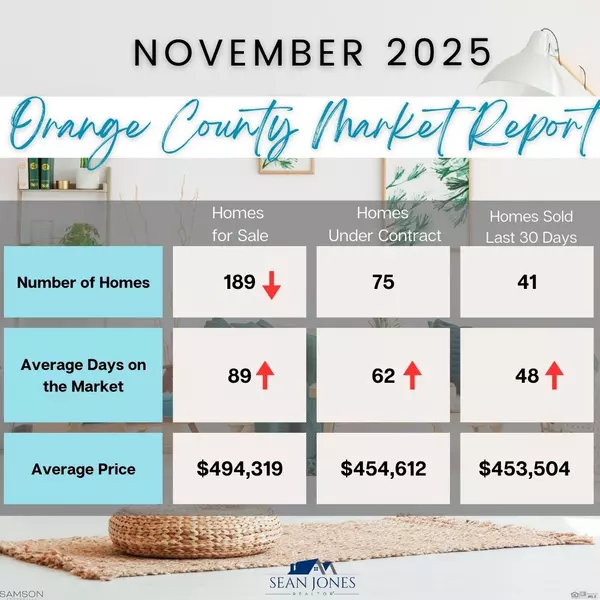What Are Home Contingencies? A Buyer & Seller’s Guide to Navigating Real Estate Contracts

What Are Home Contingencies in Real Estate?
You’ve found a home you love or maybe you’ve just accepted an offer on the one you’re selling. Congratulations—things are moving forward! But now your agent is talking about “contingencies” and asking you to review the terms of your contract. If that word feels a little intimidating, you’re not alone.
So, what are home contingencies?
In real estate, a contingency is a condition that must be met before the transaction can fully move forward. These conditions protect both buyers and sellers and are built into the purchase agreement to reduce risk and ensure that everyone gets what they expect out of the deal.
Contingencies are especially important in today’s market, where first-time buyers, home sellers, and even land buyers are facing tight timelines, competitive offers, and high-dollar decisions.
Let’s explore the most common contingencies you might encounter—and what they mean for you.

Home Inspection Contingency: Protecting the Buyer’s Peace of Mind
The home inspection contingency is one of the most common—and one of the most important.
After a contract is ratified (meaning both parties have signed and agreed to it), the buyer typically schedules a professional home inspection. This inspection is designed to uncover potential issues with the home's structure, systems, or safety that may not have been obvious during the showing.
If major issues are discovered—think roof damage, foundation cracks, or plumbing problems—the buyer has a few options:
-
Request repairs
-
Negotiate a credit or price reduction
-
Walk away from the contract entirely
How Long Does This Contingency Last?
The contract will specify a set number of days for the inspection period—often between 5 to 10 days. During this time, the buyer and their REALTOR ® work quickly to review the inspection report and determine next steps.
💡This contingency is essential for all home buyers and especially first-time home buyers who may not be familiar with what to look for in a property. It offers an extra layer of protection and negotiation power.
Financing Contingency: Ensuring the Buyer’s Loan Gets Approved
Even if a buyer has been pre-approved for a mortgage, things can still go sideways during the underwriting process. That’s where the financing contingency comes in.
This clause gives the buyer a window of time to secure final loan approval. If the lender ultimately denies the loan—despite the buyer's good faith efforts—the buyer can legally exit the contract without losing their earnest money deposit.
Who Should Pay Attention?
-
Renters transitioning to homeownership who may not have previous mortgage experience
-
Military buyers using a VA loan, who need to meet specific loan eligibility requirements
-
Land buyers seeking construction loans or unconventional financing
The financing contingency gives buyers a safety net while still allowing sellers to move forward with confidence once that condition is met.
Appraisal Contingency: Protecting Buyers and Lenders from Overpaying
When a home is purchased with a mortgage, the lender orders an appraisal to determine the property's fair market value. This step protects the bank from lending more than a home is worth.
If the appraised value comes in lower than the agreed-upon purchase price, it can create a challenge:
-
The buyer must cover the difference out-of-pocket.
-
The seller may agree to lower the price.
-
Both parties can renegotiate terms.
-
Or the buyer can back out, thanks to the appraisal contingency.
➡️This contingency is especially important in hot markets, where bidding wars can drive prices above appraised values. It gives buyers peace of mind and helps sellers stay realistic about market value.
Title Contingency: Making Sure the Home’s Ownership is Clear
Before a home can change hands, the title must be verified as clean and free of disputes. The title company or a real estate attorney will review public records to ensure:
-
The seller actually owns the property
-
There are no liens (unpaid debts secured against the home)
-
There are no unresolved legal claims or easements
If an issue arises—such as a tax lien or undisclosed heir—the title contingency gives the buyer the right to cancel the contract or request a resolution before moving forward.
Why It Matters
Even the most beautiful, move-in-ready home isn’t worth buying if its ownership is in question. This contingency is non-negotiable for buyers—especially those using VA loans or buying land, where title issues can be more common due to rural property histories.
Timeline of Contingencies: What to Expect After Going Under Contract
While it may seem like a lot of moving parts, these contingencies usually happen within the first 30 to 45 days after a home goes under contract. Here's a general order of operations:
-
Home inspection happens quickly, often within the first 7–10 days.
-
Appraisal is ordered shortly after and typically returned within 2–3 weeks.
-
Title work is ongoing and must be clear before closing.
-
Loan approval continues in the background, with final approval due before closing.
Your REALTOR® plays a key role in coordinating these steps, keeping you informed, and making sure each milestone is met on time.
Navigating Contingencies as a First-Time Home Buyer
If you're buying your first home, all these terms might sound overwhelming. That’s okay. Here’s what matters most:
-
Contingencies protect you. They're not just red tape.
-
They allow time to discover issues and exit the contract if needed.
-
They give you negotiating power, especially during inspection and appraisal.
✅ With your real estate agent by your side, you'll know exactly how to move forward through each step with confidence.
For Sellers: Why You Shouldn't Fear Contingencies
If you're selling your home, you might worry that contingencies give buyers too much power. But here’s the truth:
-
Most serious buyers will still move forward after inspection negotiations.
-
A clean title and fair appraisal are standard steps in any sale.
-
Your agent will help you negotiate timelines and terms to protect your interests too.
In fact, price and contingencies go hand-in-hand. A buyer who waives all contingencies might offer a lower price, while one with a few well-structured ones may pay more. The key is understanding the balance.
Common Questions About Home Contingencies
❓ Can I waive contingencies to make my offer stronger?
Yes, but it comes with risk. Waiving inspection or appraisal contingencies might make your offer more attractive in a bidding war, but it also means you’re accepting the home as-is or agreeing to pay more if the appraisal is low. Talk with your agent before waiving any protection.
❓ Can sellers include contingencies?
Yes. Sellers may include a home of choice contingency, which allows them time to find a new home before fully committing to selling their current one. This is common for sellers who haven’t yet lined up their next move.
❓ How do contingencies differ when buying land?
Land contracts often include unique contingencies such as:
-
Perc test results
-
Soil surveys
-
Zoning approvals
These conditions ensure the land can be used as intended, especially for building a home.
Final Thoughts: Contingencies Are Your Safety Net
Whether you’re buying your very first home, selling a house, or relocating on military orders, contingencies are there to protect you. They provide an exit strategy if things don’t go as planned—and more importantly, they set clear expectations for how the process will unfold.
With the right REALTOR®, you won’t have to navigate these details alone. You’ll have someone in your corner, making sure every condition is met and every step is understood.
If you’re thinking about buying or selling a home in Virginia and want expert guidance through every phase of the contract, I’d love to help. Let’s make your move simple, informed, and successful—every step of the way.
Categories
Recent Posts











Buying a home isn’t just a financial decision—it’s a deeply personal journey filled with hopes, dreams, and big life changes. That’s why choosing the right real estate professional is one of the most important steps you can take.
A knowledgeable and experienced REALTOR® does more than open doors and write offers. They’re your advocate, your problem-solver, and your steady guide through what can sometimes feel like an overwhelming process. Whether it's navigating a competitive market, negotiating on your behalf, or keeping things on track behind the scenes, the right agent is there to protect your interests every step of the way.
In the end, buying a home should be an empowering experience. With the right person by your side—someone who brings both expertise and heart—you can move forward with confidence, knowing you're in good hands with Sean Jones.
GET MORE INFORMATION
